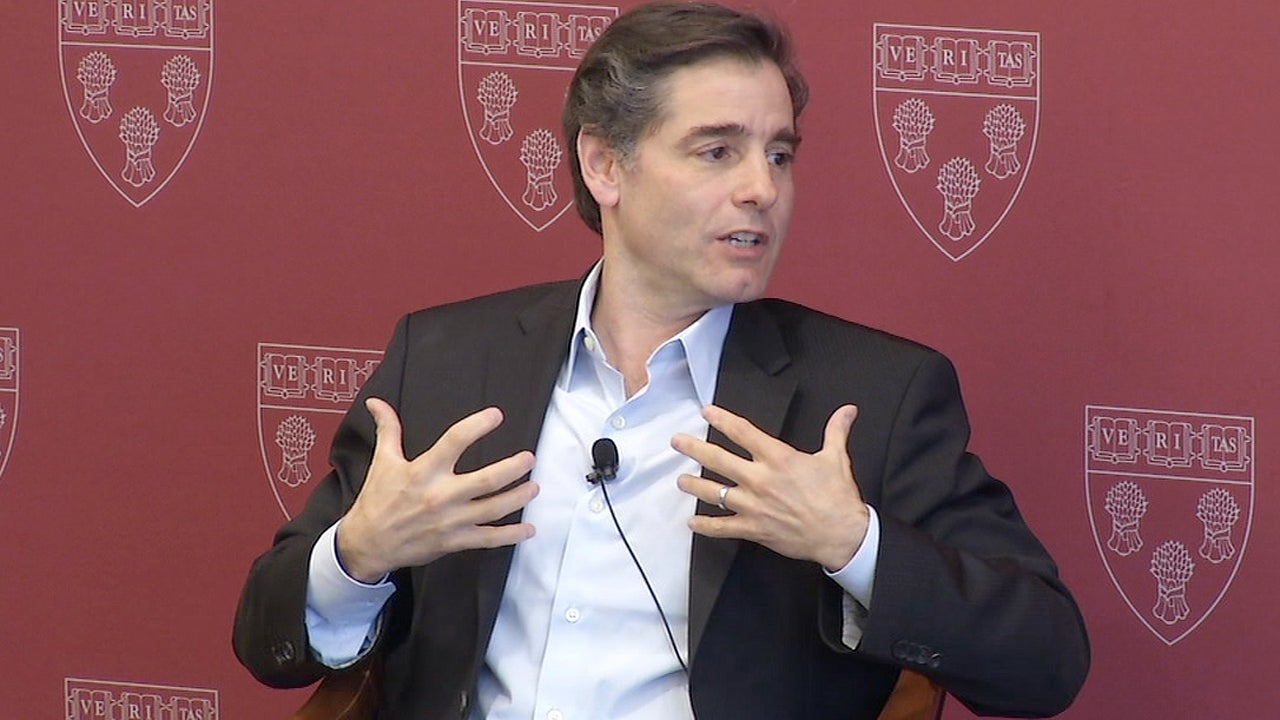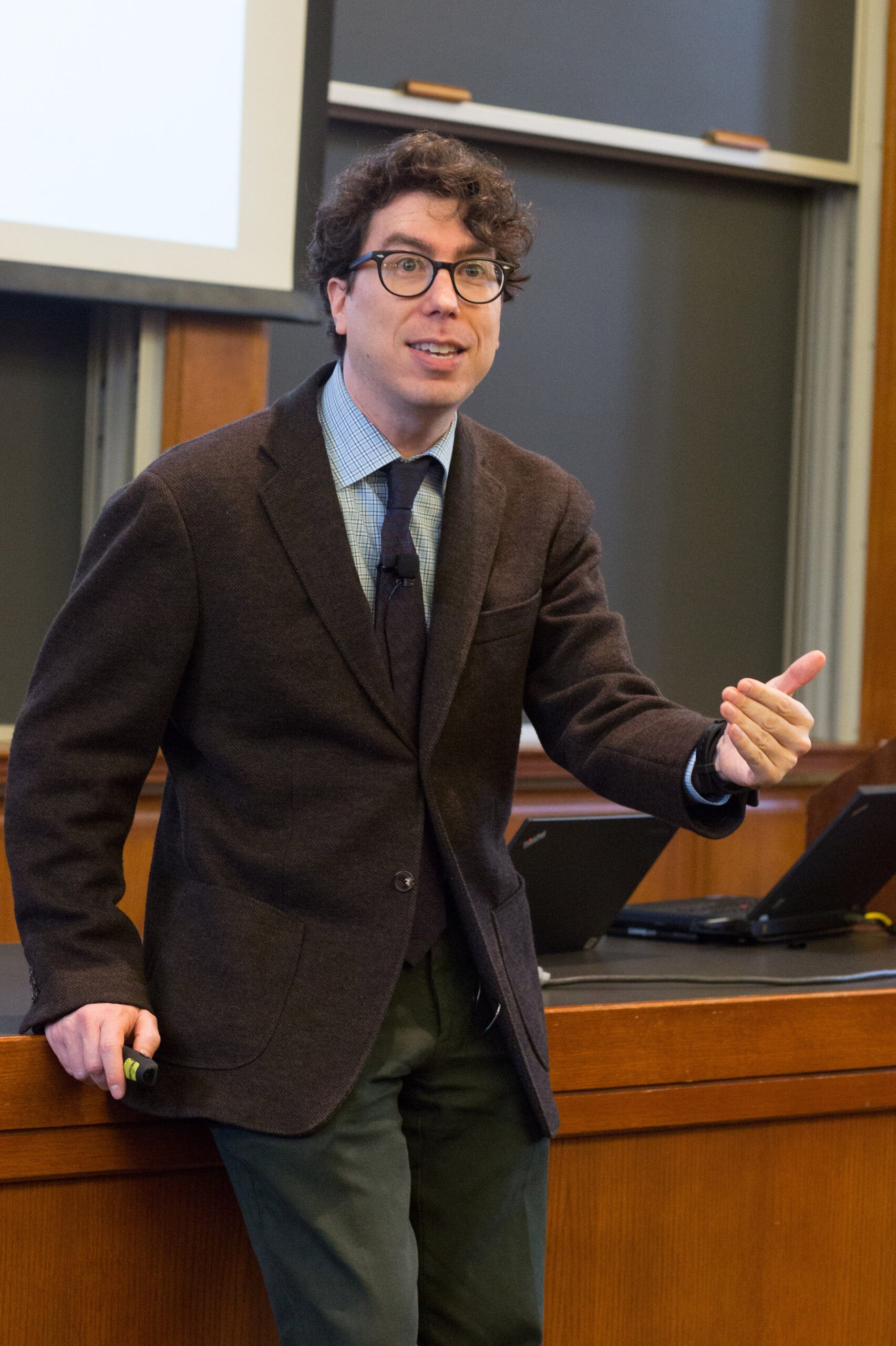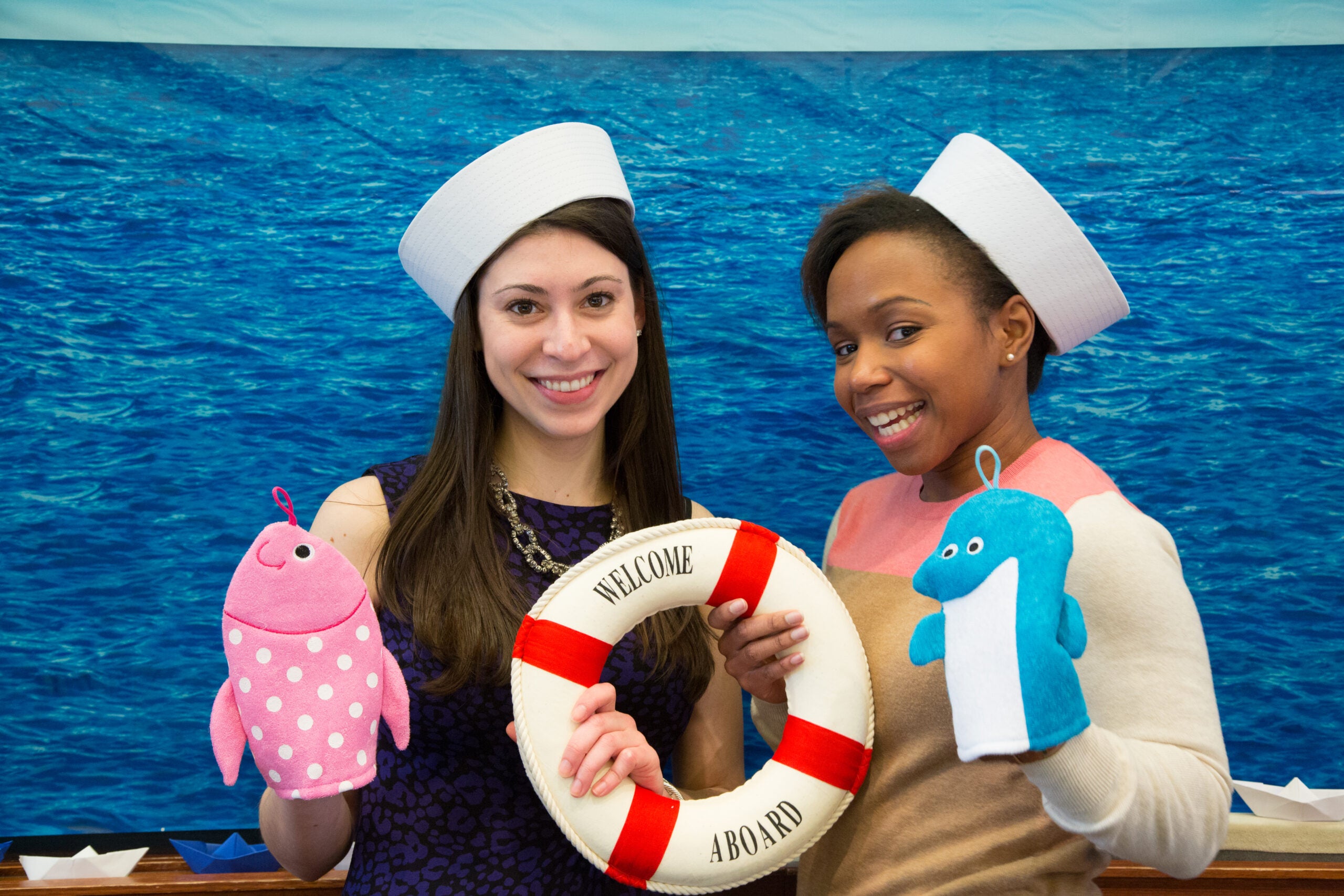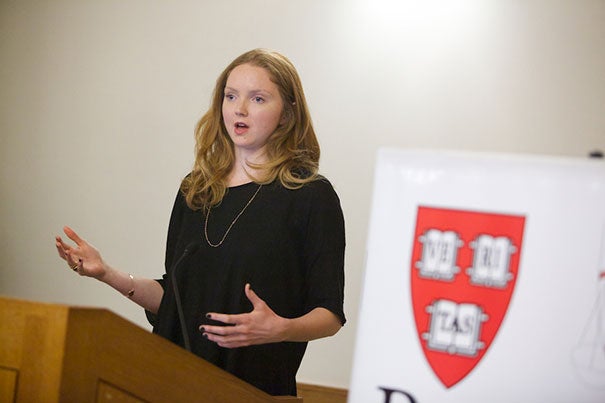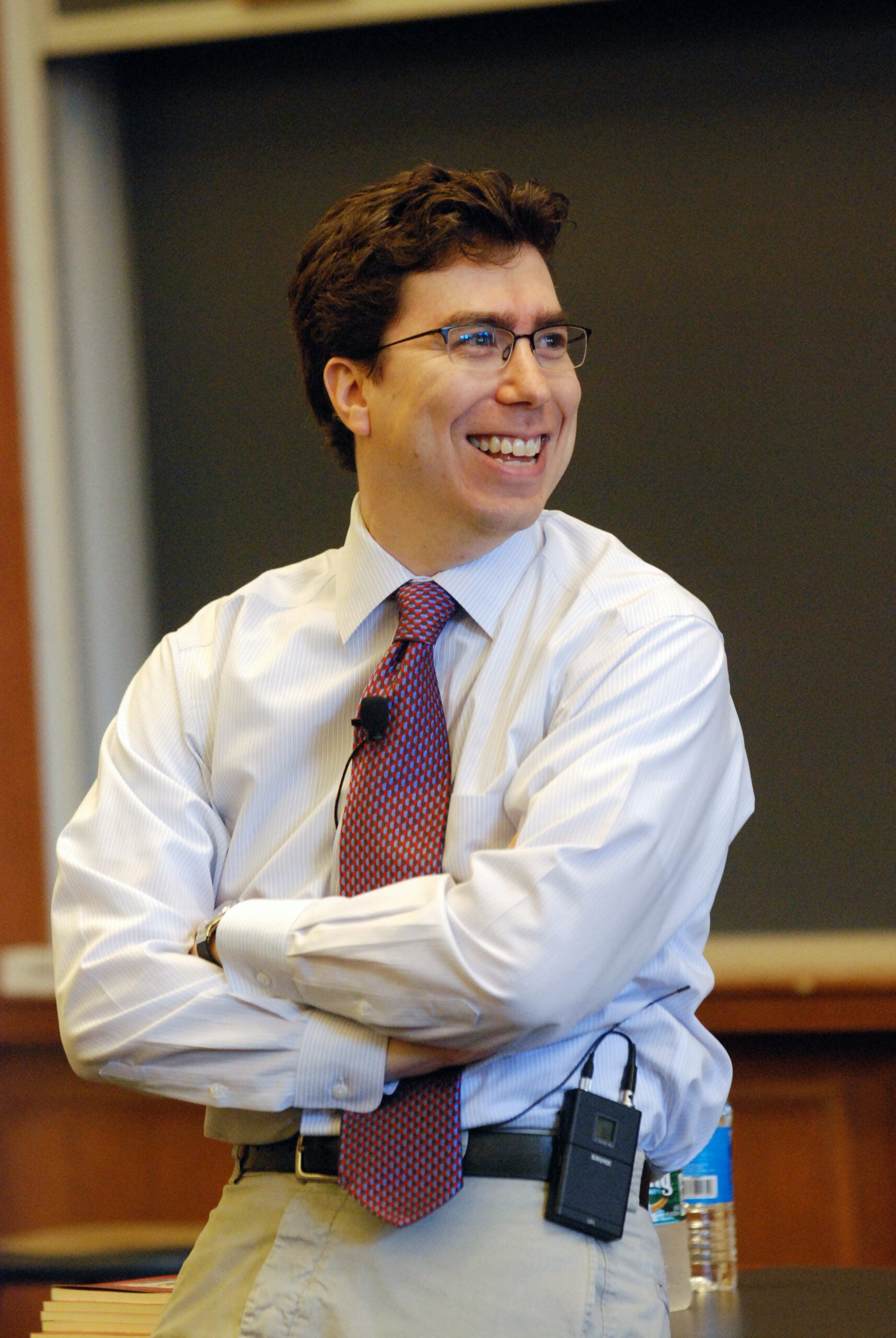People
Jonathan Zittrain
-
Outing at Gossip Website Strains Campus Civility
September 16, 2014
An anonymous school-gossip website that saw a sharp rise in popularity over the past year has become a campus cause célèbre since an enterprising journalism student outed the site's top-secret editor..."Anonymity has a storied relationship with American democracy," said Jonathan Zittrain, a Harvard Law professor who co-founded the school's Berkman Center for Internet & Society. "It's a way for the powerless and disadvantaged to speak without fear of repercussion. Of course, that same lack of repercussion can make for a license for abusive behavior."
-
With Apple Pay, the tech leader takes its shot at replacing the wallet
September 10, 2014
Apple, which built its iconic brand by making cool, shiny electronics, on Tuesday entered the daunting world of consumer finance with a new mobile payment system built to resist the relentless attacks of cybercriminals who have ravaged the nation’s retail industry...“It won’t be too long before we look back on this era and think it’s nuts,” said Harvard law professor Jonathan Zittrain. He and other technology experts noted that Apple has a history of solving business riddles that have eluded others, as it did with the iPod, which thrived not only because of its stylish hardware but also because big record companies agreed to distribute their music through Apple’s iTunes store.
-
Should Tanks Be More Like iPhones?
September 5, 2014
When Iraq’s American-equipped army fled their posts in Mosul last June, they left that American equipment in the hands Islamic State of Iraq and Syria (ISIS), the attacking violent insurgent group. Since then, the U.S. Air Force destroyed some of the captured vehicles. Jonathan Zittrain, director of Harvard’s Berkman Center for Internet and Society, wonders if there’s a better way to stop stolen equipment from working. He proposes “kill switches,” like those found in iPhones, as a means for keeping American arms, given to allies, from working in the hands of enemies...Through email, Popular Science spoke with Zittrain about how these proposed killswitches could work, and what they would mean for arming allies in the future.
-
Naked truth: US law doesn’t require websites to block revealing photos stolen from stars
September 4, 2014
Imagine what the Internet would be like if most major websites had imposed controls preventing the naked photos stolen from Oscar-winning actress Jennifer Lawrence and other celebrities from being posted online..."The platforms that host that content can't readily police all of it the way that a newspaper can carefully select what should go in as a letter to the editor," says Harvard University Law School professor Jonathan Zittrain, who is also co-founder of the Berkman Center for Internet & Society.
-
The Case for Kill Switches in Military Weaponry
September 3, 2014
An op-ed by Jonathan Zittrain. This summer the insurgent group ISIS captured the Iraqi city of Mosul—and along with it, three army divisions’ worth of U.S.-supplied equipment from the Iraqi army, including Humvees, helicopters, antiaircraft cannons and M1 Abrams tanks. ISIS staged a parade with its new weapons and then deployed them to capture the strategic Mosul Dam from outgunned Kurdish defenders. The U.S. began conducting air strikes and rearming the Kurds to even the score against its own weaponry. As a result, even more weapons have been added to the conflict, and local arms bazaars have reportedly seen an influx of supply. It is past time that we consider whether we should build in a way to remotely disable such dangerous tools in an emergency.
-
Massive Internet Outage Points to Flaws in Policy and Technology
August 29, 2014
A system crash blacking out broadband service for all 11.4 million of Time Warner Cable’s customers for three hours early Wednesday morning raises questions about the stability of U.S. Internet infrastructure and the potential impact of Time Warner’s proposed mega-merger with Comcast, experts say. ...The lack of disclosure about accidental outages is itself a serious issue, says Jonathan Zittrain, professor of Internet law at Harvard Law School and the John F. Kennedy School of Government. “We ought to have standards for release of data by broadband providers to allow apples-to-apples comparisons and tracking of outages over time so the public, and policymakers, can gauge trends in connectivity,” he says.
-
An op-ed by Jonathan Zittrain. Last week Google created an advisory committee to help it implement the “right to be forgotten” online that has been demanded by the European Court of Justice. It has its work cut out: the search giant has received more than 70,000 requests since May to decouple a claimant’s name from search results that may be true but are deemed “irrelevant” and presumably reputation-damaging. Turning theory into practice has revealed unanswered questions – and some outright flaws – in the court’s decision.
-
Running a Federal Agency: A Conversation with Julius Genachowski and Jonathan Zittrain
July 18, 2014
Harvard Law School Professor Jonathan Zittrain ’95 sat down for a conversation with Julius Genachowski ’91, former chairman of the Federal Communications Commission and partner…
-
Facebook’s mind game was a violation of trust
July 8, 2014
About 700,000 of Facebook’s one billion or so users recently served as test subjects in a psychology experiment. Researchers altered the users’ “news feeds” — the news stories and photos that roll across everyone’s Facebook’s home page…The clearly marked ads we understand — nothing hidden about that agenda. But for everything else, “people really are trusting them to be acting more or less in their interests,” said Harvard law professor Jonathan Zittrain…The US does not have anywhere near the same attitude toward regulating the Internet as Europe, and even if we were to adopt tougher restrictions here, Zittrain points out those would likely violate the companies’ First Amendment right to publish what they choose. So Zittrain suggests an alternative — Internet gatekeepers would voluntarily agree to abide by ethical standards similar to what doctors, lawyers and financial planners pledge. Those standards would codified in the companies’ terms of service, so they would be legally bound to follow them.
-
Five Harvard Law School professors presented a sampling of their innovative ideas in late May at the 2014 Harvard Law School Thinks Big lecture, an annual event that challenges faculty to explain those big ideas in short talks.
-
An op-ed by Jonathan Zittrain. More than a decade ago, researchers at Boston College interviewed people from both sides of the Troubles in Northern Ireland, promising each contributor to the Belfast Project that his or her interview recording wouldn’t be released until the contributor died. In the meantime, the tapes would be deposited at the college’s rare books library under lock and key. On the basis of those promises, some people spoke for the first time about painful actions that remain murky in the public eye, including unsolved murders that they’d helped commit or cover up. When the British government learned of the Belfast Project about 10 years later, it invoked a mutual legal assistance treaty to demand immediate access to some of the tapes...Are we stuck with either having to destroy our secrets or leave them exposed to near-instant disclosure? It might be possible to split the difference: to develop an ecosystem of contingent cryptography for libraries, companies, governments, and citizens.
-
An op-ed by Jonathan Zittrain. On November 2, 2010, Facebook’s American users were subject to an ambitious experiment in civic-engineering: Could a social network get otherwise-indolent people to cast a ballot in that day’s congressional midterm elections? The answer was yes.
-
European Court Lets Users Erase Records on Web
May 14, 2014
Europe’s highest court said on Tuesday that people had the right to influence what the world could learn about them through online searches, a ruling that rejected long-established notions about the free flow of information on the Internet… Jonathan Zittrain, a law and computer science professor at Harvard, said those who were determined to shape their online personas could in essence have veto power over what they wanted people to know. “Some will see this as corrupting,” he said. “Others will see it as purifying. I think it’s a bad solution to a very real problem, which is that everything is now on our permanent records.”
-
A canary in the coal mine… and in your Mac
May 13, 2014
Canaries can be useful creatures. Coal miners used to bring them into the mines as a warning sign of methane or carbon monoxide. A dead canary meant the miners needed to get out of there pronto. Now a clever loophole in the rules regarding NSA requests for information is letting companies warn their customers in the same way a little yellow bird might signal trouble. It's called a "warrant canary", and several major companies like Apple have already used it in their "transparency reports."…According to Jonathan Zittrain, Professor of Law at Harvard and co-founder of the Berkman Center for Internet and Society, it's not only a clever way to let customers know if their information may have been acquired by the NSA, but also a way for the private sector to agitate Government agencies on the issues involved in privacy.
-
Reinventing the internet: A political protocol to protect the internet, and where to find it
May 8, 2014
When Turkey’s dictator blocked Twitter and YouTube earlier this year, many citizens quickly found other ways to access the sites, proving further support for the adage that “the net interprets censorship as damage, and routes around it.” The saying, and the tools that make such rerouting possible, are a testament to the flexible technical protocols that make the internet so accessible to so many people. Yet the ability of Turkish citizens to see blocked websites is also a triumph for the internet’s political protocols, which time and again lead unaffiliated people to unite in an effort to overcome censorship…The most level-headed response to the outcry came from Jonathan Zittrain, a computer science and law professor at Harvard, who pointed out that it would be hard for the U.N. or anyone else to exert control over the internet for the simple reason that it’s not really something that can be owned in the first place.
-
Russia has taken another major step toward restricting its once freewheeling Internet, as President Vladimir V. Putin quietly signed a new law requiring popular online voices to register with the government, a measure that lawyers, Internet pioneers and political activists said Tuesday would give the government a much wider ability to track who said what online...The level of challenge is rising, but “we also see the amount of resources going into censorship increasing greatly,” Jonathan Zittrain, a professor at Harvard Law School who specializes in Internet law, said in a telephone interview.
-
Berkman Center announces leadership transition
April 18, 2014
The Berkman Center for Internet & Society has announced a significant leadership transition as Professor William (Terry) Fisher steps down after 12 years as Chair of the Board of Directors and Professor Jonathan Zittrain, the co-founder of the Berkman Center and Vice Dean for Library and Information Resources at Harvard Law School, assumes the role. The change will be effective as of July 1, 2014.
-
“All bids on deck” at the 2014 Public Interest Auction
April 3, 2014
View full gallery (29 images) A $400 shopping spree. A Silicon Valley tour of Google, Yahoo, LinkedIn and Facebook. Dinner and “Dungeons and Dragons.” A…
-
Harvard Law Library programs recognized for innovation
March 21, 2014
The Stanford Prize for Innovation in Research Libraries (SPIRL) has recognized two Harvard Law School Library Programs, Stacklife and Library Cloud, for their innovation and functionality on campus and in the community.
-
Help you? Love to: Wish-list website launches at HLS
March 10, 2014
Lily Cole’s brainchild, the altruistic website and app Impossible.com, is based on an almost impossibly simple premise: the conviction that people can and should help each other, for free.
-
A decade ago, when people wanted to share vacation photos or muse about new movies online, they used MySpace or Friendster. Those star Internet destinations…
